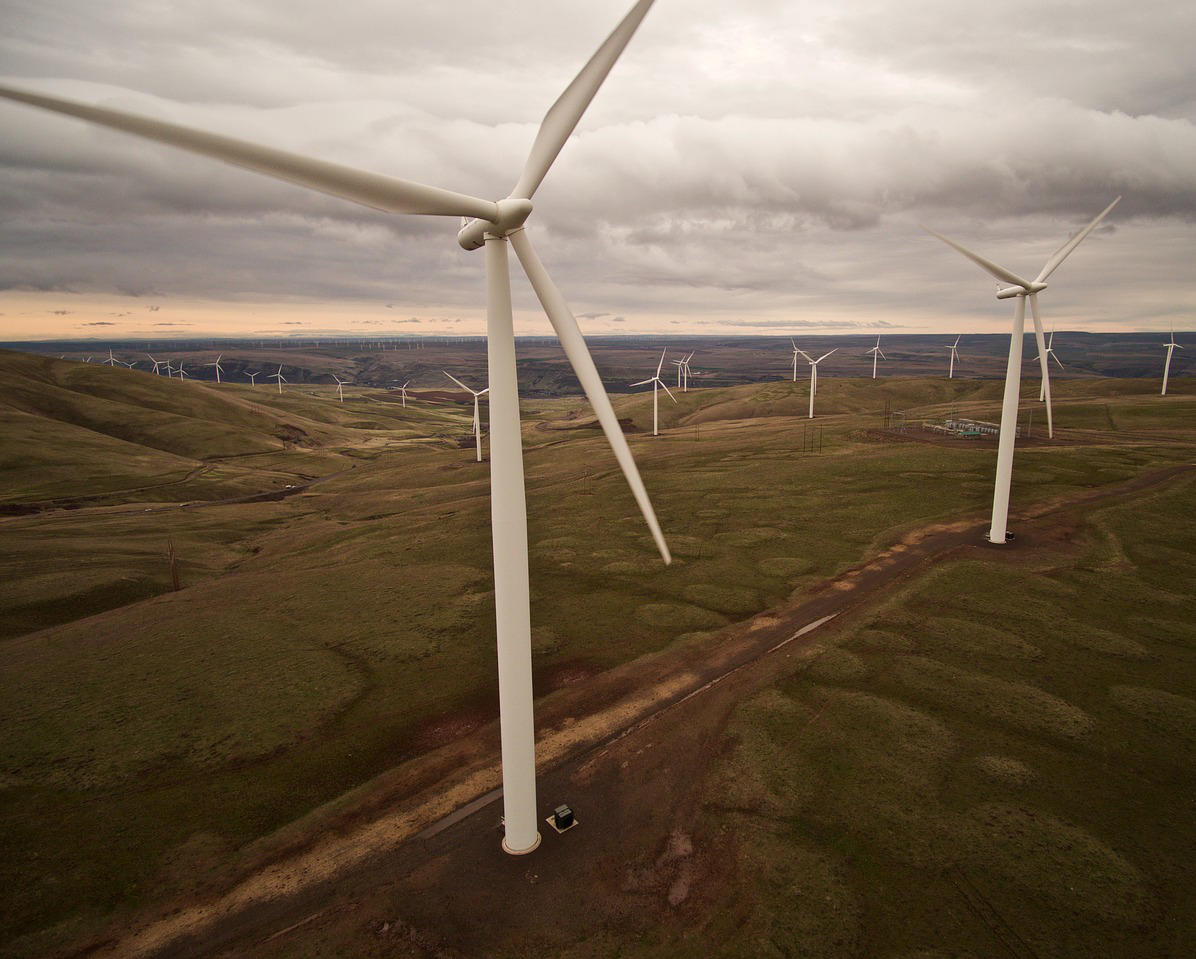
Energy and telecommunications: brought together by algorithms
Digital, Energy, Energy & environment, In the NewsIt is now widely accepted that algorithms can have a transformative effect on a particular sector. In the field of telecommunications, they may indeed greatly impact how energy is produced and consumed. Between reducing the energy consumption…
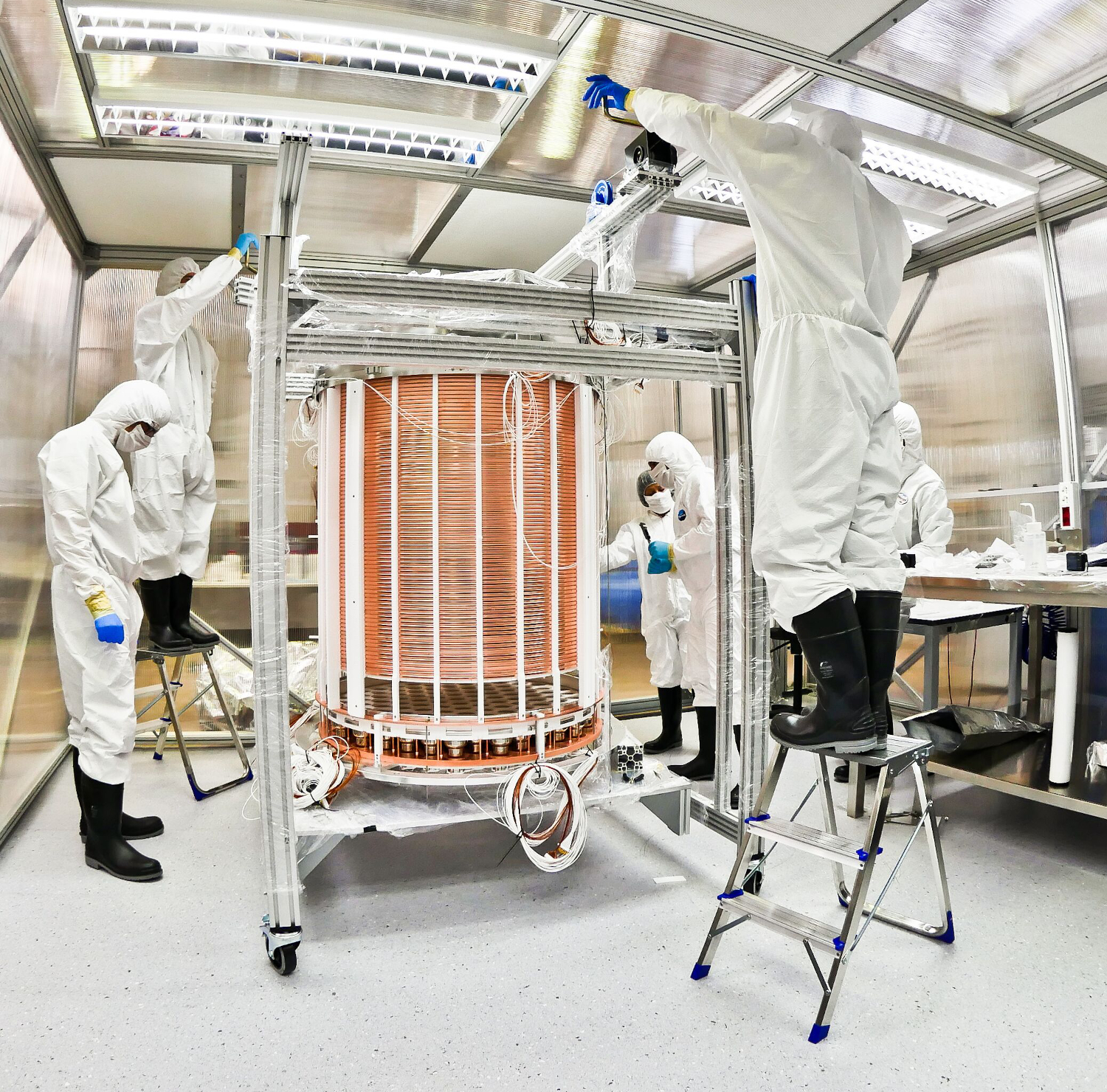
Even without dark matter Xenon1T is a success
Energy, Energy & environment, In the NewsXenon1T is the largest detector of dark matter in the world. Unveiled in 2015, it searches for this invisible material — which is five times more abundant in the universe than ordinary matter — from the Gran Sasso laboratory in Italy, buried…

Energy Transitions: The challenge is a global one, but the solutions are also local
Energy, Energy & environment, In the NewsFor Bernard Bourges, there is no doubt: there are multiple energy transitions. He is a researcher at IMT Atlantique studying the changes in the energy sector, and takes a multi-faceted view of the changes happening in this field. He associates…

How the SEAS project is redefining the energy market
Energy, Energy & environment, In the NewsThe current energy transition has brought with it new energy production and consumption modes. Coordinated by Engie, the european SEAS project aims to foster these changes to create a more responsible energy market. SEAS is seeking to invent…

Data centers: Taking up the energy challenge
Energy, Energy & environment, Environment, In the NewsIncreasingly present throughout the world, data centers consume significant amounts of energy. Researchers at IMT Atlantique have conducted a study that combines renewable energy and electricity grids to power these infrastructures. To reduce…
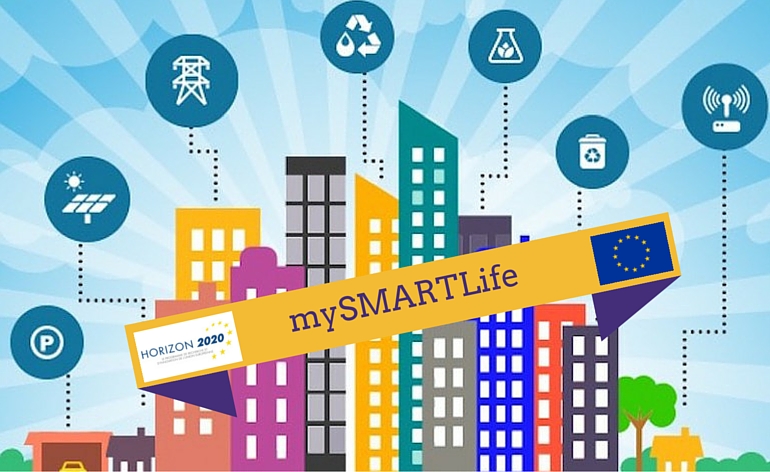
In Nantes, the smart city becomes a reality with mySMARTlife
Digital, Energy, Energy & environment, Europe EN, In the NewsAlongside European smart city champions like Barcelona, Copenhagen and Stockholm, France boasts a few gems of its own. One such city is Nantes, a participant in the European H2020 research project mySMARTlife since December 1st, 2016. Thanks…
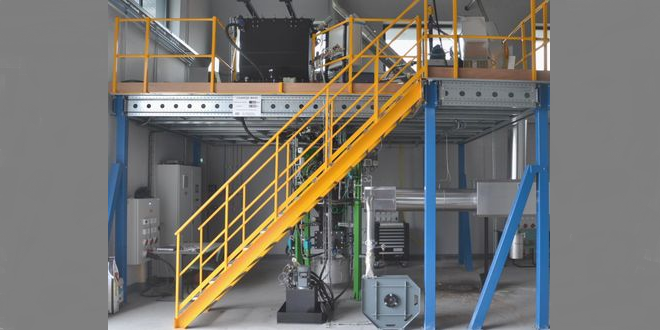
Gasification, the future of organic waste recovery
Energy, Energy & environment, In the News, Live labs ENAt a time when the challenge of waste recovery is becoming increasingly evident, gasification is emerging as a promising solution. The process allows organic waste to be decomposed into synthetic gas, which can be burned for energy purposes,…
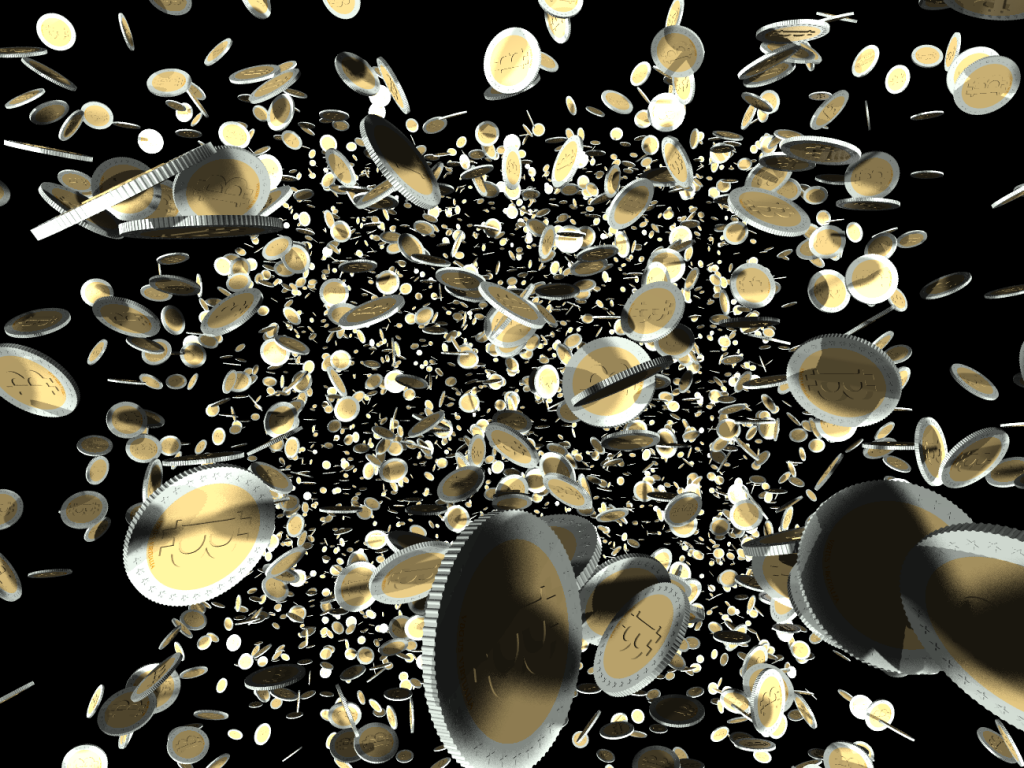
The bitcoin and blockchain: energy hogs
Energy, Energy & environment, In the News, SocietyBy Fabrice Flipo and Michel Berne, researchers at Télécom École de Management.
Editorial originally published in French in The Conversation France
_______________________________________________________________________________________
The…
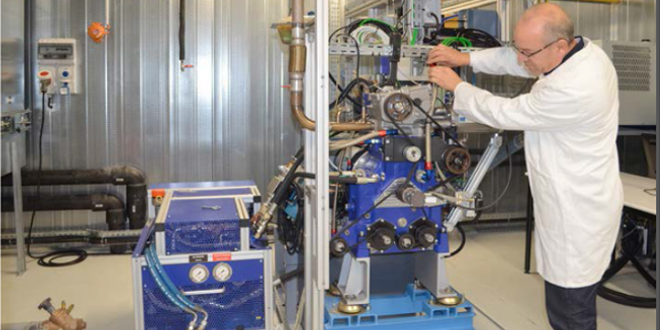
PREVER: residue turned into energy
Energy, Energy & environment, In the NewsMines Nantes is home to PREVER – France’s only technological platform that offers a large range of competencies and tools for converting industrial and household waste into energy. It provides customized support for companies wanting to…
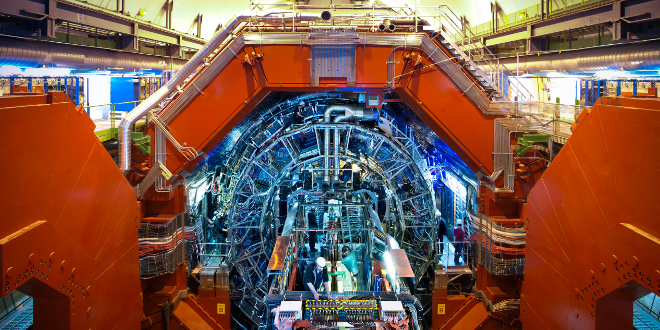
ALICE sees the origins of the universe in a quark-gluon plasma droplet
Energy, Energy & environment, In the NewsALICE, the Cern experiment in charge of studying the quark-gluon plasma, restarted its main activities on November 17. Based in the Large Hadron Collider (LHC) in Switzerland, ALICE mission is to track each single particle ejected when lead…

